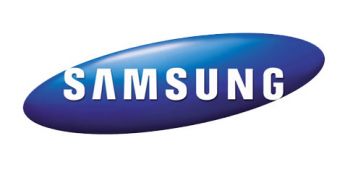For those who do not know, Samsung kicked off the Mobile Solutions Forum event in Westin, Taipei, where it revealed several things that both consumers and product developers may find interesting.
By now, many people will no doubt be aware of the fact that the IT industry is placing a significant emphasis on green computing.
Green technology is characterized by the special focus it places on energy efficiency, sometimes even at the expense of performance.
Eager to show off inventions that do not, in fact, give up on prowess, Samsung started its annual Mobile Solutions Forum on a strong note.
Basically, it presented a bunch of things for just as many mobile market sub-segments, ranging from an application processor to NAND and DRAM memory.
“The role of hardware solutions in improving system performance will continue to grow as the increased level of software sophistication and the introduction of new interfaces call for ever more powerful hardware components operating at minimal energy levels,” said Dr. Oh-hyun Kwon, president of Device Solutions, Samsung Electronics.
For those who want the specifics, Samsung developed the Exynos 4212 application processor (dual-core, 32nm chip), as well as a pair of advanced CMOS image sensors.
The outfit also made an ultra high-speed LPDDR3 memory chip of 4 Gb, which can stack and is described in detail here.
Samsung also completed a 20nm-class high-performance eMMC NAND mobile storage product of 64 GB.
“Early development and timely market availability of next generation semiconductor technology in collaboration with industry partners, creates new market values and greater opportunities for customers and end users,” he continued.
Moving forward, Samsung will keep a special eye on the evolution of user interfaces and the software used by consumer and professional/business/enterprise users, since these seem to be the main driving forces behind the advancements in the mobile industry.

 14 DAY TRIAL //
14 DAY TRIAL //